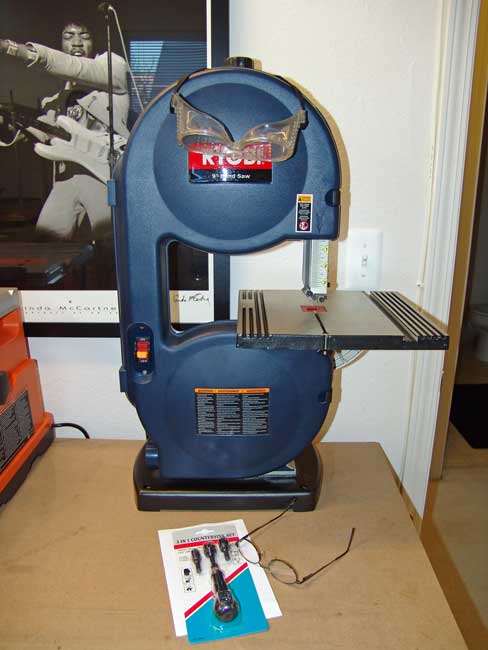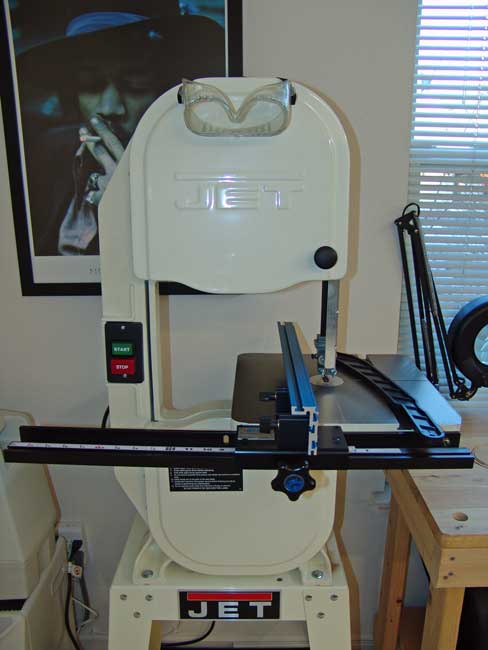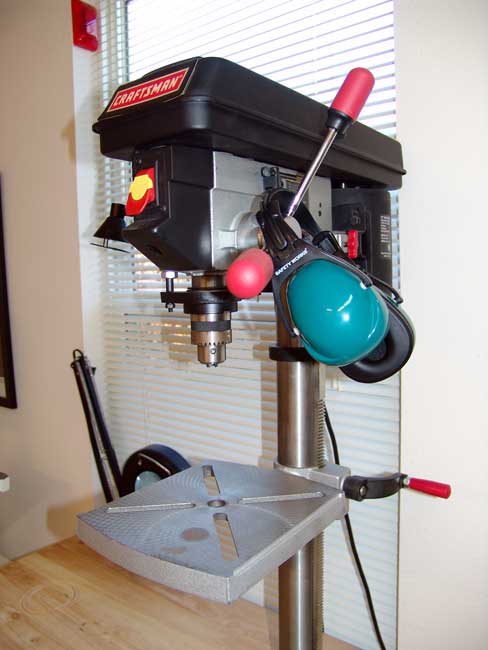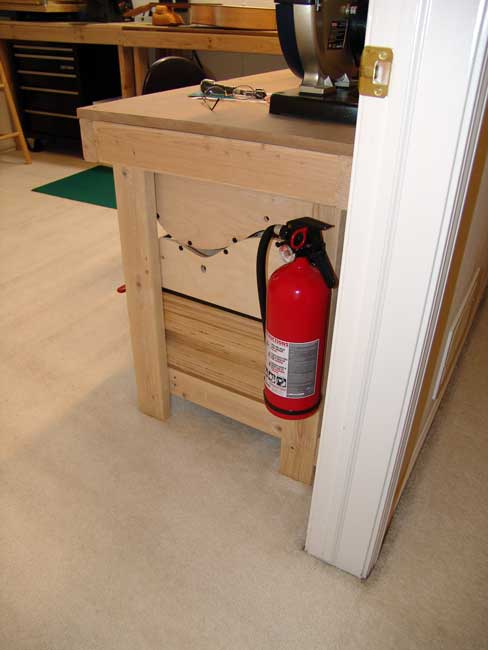Something that we never seem to discuss here that I would really benefit from is shop safety.
As some of you know I never worked with tools prior to a little over 3 years ago when I started building guitars. So.... after purchasing band saws, sanders, drill presses, exotics like Wagner power planers, etc. I really had no clue how to use these things AND, more importantly how to be safe with them too.
Along the way I picked up the obvious, safety glasses, hearing protection, respirator when finishing etc. Pat was kind enough to tell me that I need to get a fire extinguisher and so I did.
But I thought that it would be prudent to have a thread where everyone could share some safety tips with each other and don't assume that people like me know any of this stuff.
Tips for the use of specific tools that we use in guitar building with an eye on known things that can go wrong would be greatly appreciated.
One of the things that I do now is keep safety glasses (AND wear them) near or on every tool that I should be using them with. I actually try to put the glasses in a place that I have to touch them to use the tool.


And although hearing protection is generally not needed for using a drill press this makes a handy place to hang these things. I do use hearing protection when ever there will be a sustained high level of noise like when using a thickness sander with the vac on or the belt sander with the vac on.

And Pat suggested to me a couple of years ago that I needed a fire extinguisher, fully charged. Prior to this suggestion it just never had occurred to me in my rush to build guitars. I figured that placing it at the door to my shop would give me options.

Please add any safety tips that you may have and again don't assume that all of us really know how to be safe in a shop.
Oh, and do you guys keep first aid kits in your shops?
Many thanks!



 )
)
